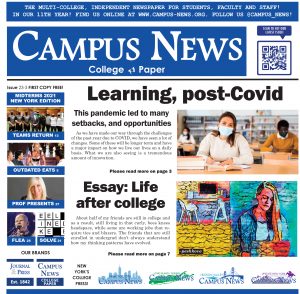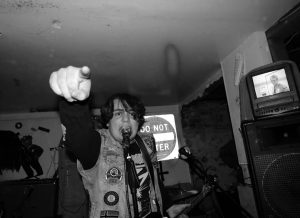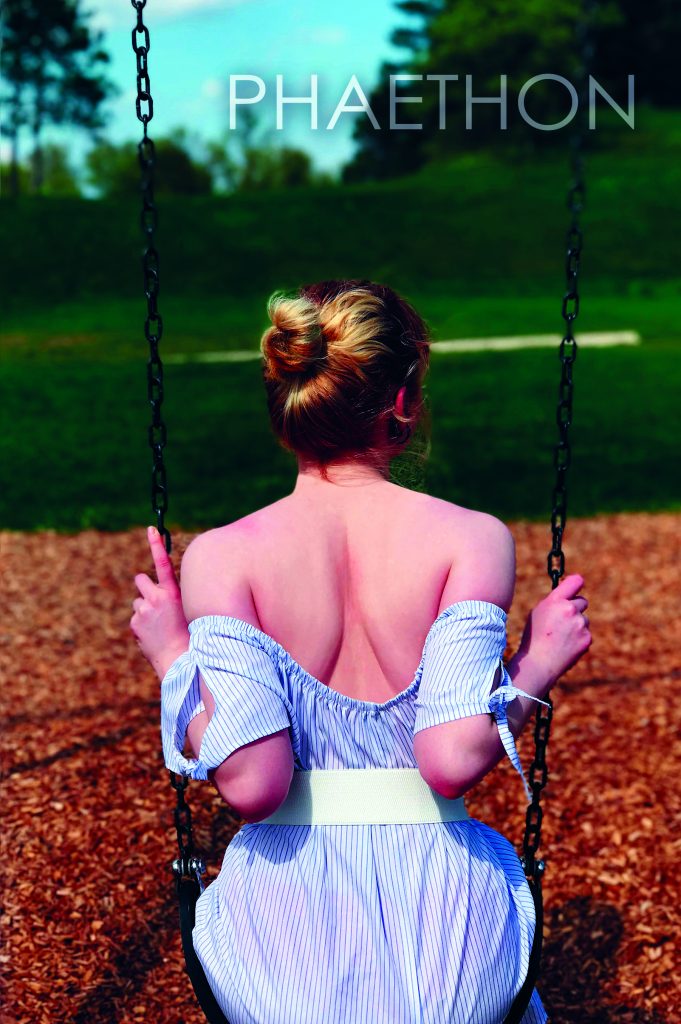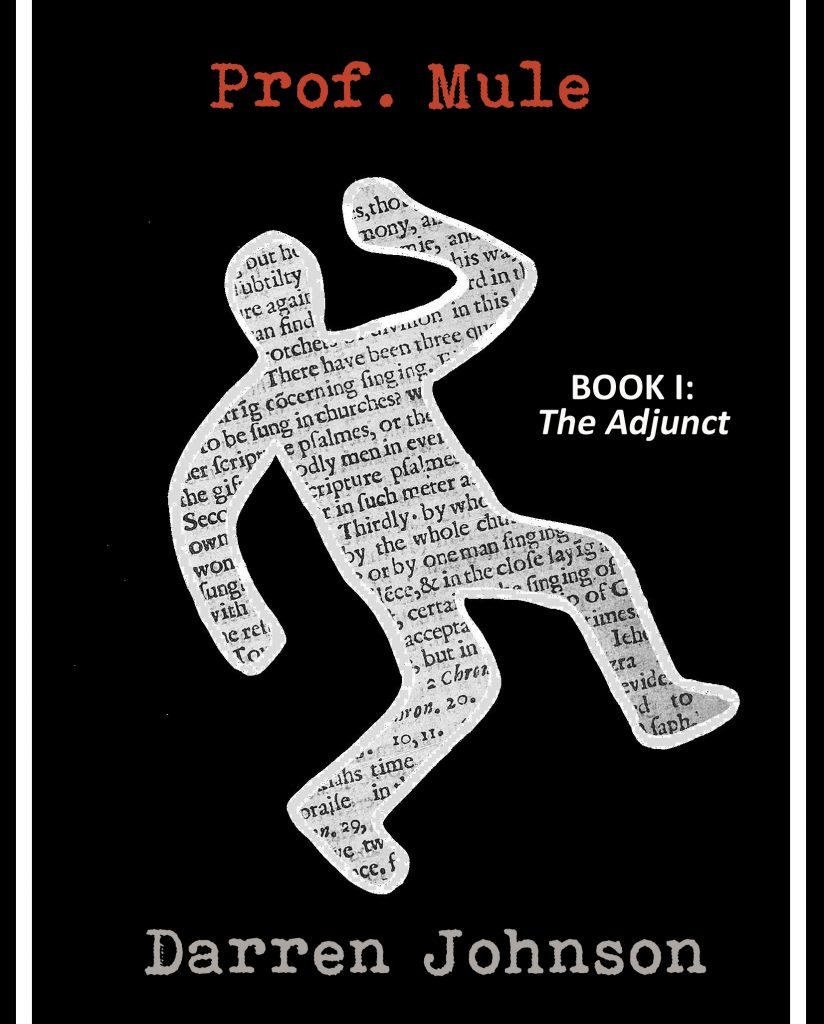By John Frechette
Campus News
Michael “Flea” Balzary was born in Australia on October 16, 1962, before moving to America during his early childhood. After spending his early childhood living in New York, Flea’s family moved to Los Angeles where the young child explored a growing fascination with the musical arts. Flea’s obsession first started with jazz, then moving on to rock music, often eschewing punk before falling into the clutches of the punk community. While playing in various LA bands, Flea started the band that his life would end up being defined by, the Red Hot Chili Peppers. Along with being a musician, Flea has also expanded into acting, performing in My Own Private Idaho and as an unnamed criminal in Baby Driver and even expanding to voice acting as Donnie Thornberry on The Wild Thornberries. Acid for the Children is Flea’s memoir that was released in 2019. Would the book be as a successful as a Kareem Abdul-Jabbar skyhook for his beloved Los Angeles Lakers or would the publication end up being an airball?

The first thing to note about the memoir is that the book ends with the first ever Red Hot Chili Peppers show, meaning that most fans will be mostly unfamiliar with the information that is presented in this book. Initially, this is what turned me off from the book, as being a fan of the band, I was looking to learn as much as possible about that time period, expecting to be reading about the bands’ relationship with John Frusciante and the turbulent years with Dave Navarro. In fact, the only event after the formation of the Chili Peppers that Flea mentions is his reflections on the death of Hillel Slovak, which is clearly a formative experience based on Flea’s writing. As mentioned before, this was my main hesitation with buying the book, but I must mention that this was surely a mistake. While there is a lack of Red Hot Chili Peppers content, the book offers so much content that this should not be a concern. Instead, this sets Flea up rather nicely to publish a second book potentially that might cover more of his experiences in the early days of the Red Hot Chili Peppers before moving on to discuss the ballooning of the group into the stadium-filling powerhouse which fans know them as today.
One aspect of this book that I believe is an actual strength of the work is how the writing is delivered. More than anything, the book comes across as if you are simply listening to someone share their wisdom of the earlier years of their life. Flea’s writing comes across closer to a dialogue with a friend out over a cup of coffee rather than a stuffy memoir that you would expect a rockstar to write as a cash grab in old age. Gone is the condescending writing of someone who has “made it” and Flea’s writing really shows how Flea personifies a down-to-earth bass player, despite being as full of energy as people have come to expect from him.
The book was also extremely inspiring to an aspiring musician as well. The book solidifies how Flea really came from a humble family after splitting from his Australian dignitary father. While being a good source of motivation to kick start my artistic endeavors for the week, the book also provides some entertaining tomfoolery to keep the reader engaged with the hijinks of a particularly rambunctious individual growing up in a different era in Los Angeles than is seen in the present days of helicopter parents and overbearing homeowners associations enacting their rule over the neighborhoods. While I will save a majority of the fun for you to discover upon reading the book, some notable stories include the young Flea clubbing with Red Hot Chili Peppers singer Anthony Keidis and the two of them hitchhiking up to San Francisco and back as well as Flea’s experience auditioning for Los Angeles band FEAR. Flea also has a list of albums and films that changed his life after the final chapter of the book, and I’ve found myself checking out those albums when I am in a creative rut personally.
While not a book that jumped out at me when I first heard of its release back in 2019, Acid for the Children provides insight into a previous generation’s upbringing why also shining light on one of the music industry’s biggest personalities. Fans of the Red Hot Chili Peppers should not be deterred by the books’ lack of Chili Pepper content, as there are many lessons as well as much music history from other area bands from the early alternative scene found within its pages.
 John Frechette is a musician earning a master’s in social work at SUNY Albany.
John Frechette is a musician earning a master’s in social work at SUNY Albany.





Facebook Comments